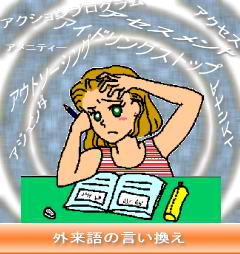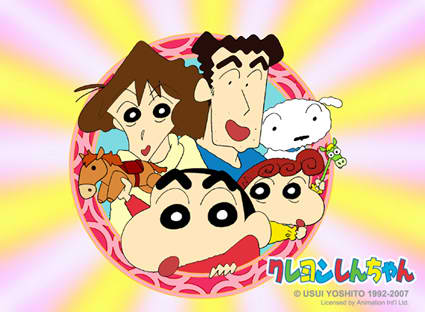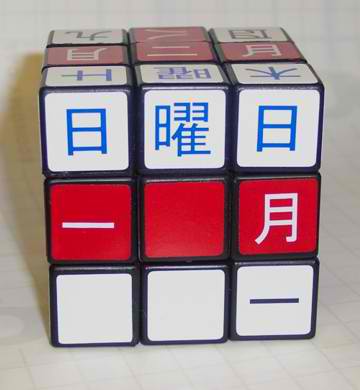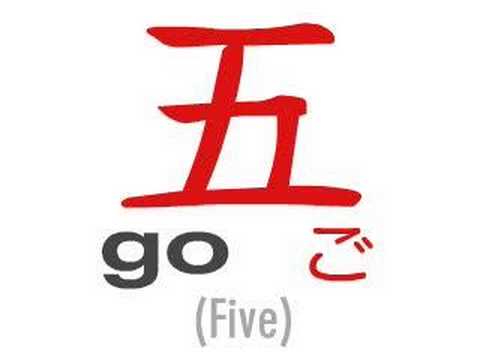
みなさん、こんにちは!The japanese language has many loanwords from other countries called “gairaigo/外来語”. Examples of some of these words are:
パン
Pan -Bread
ペン
Pen -Pen
コミック
Komikku -Comic
Below is a list of commonly used 外来語. 外来語 are always written in katakana. Remember that any word from any language can be turned into a 外来語. I labeled this post “PT.1” just to keep things in some type of order. The list never ends, but I will bring you the most commonly used words in new post called “外来語” !
外来語・がいらいご
Gairaigo -Loanword
ラブ
Rabu -Love
ラブレター
Rabu retaa -Love Letter
モデル
Moderu -Model
ホテル
Hoteru -Hotel
ショッピング
Shoppingu -Shopping
テレビ
Terebi -T.V.
タクシイ
Takushii -Taxi
バス
Basu -Bus
ガイド
Gaido -Guide
エレベーター
Erebeetaa -Elevator
パジャマ
Pajama -Pajamas
プレー
Puree -Play
ラジオ
Rajio -Radio
プール
Puuru -Pool
ライト
Raito -Light
ライター
Raitaa -Lighter
コンピューター
Konpyuutaa -Computer
パソコン
Pasokon -Personal computer
ピーシー
Piishii -P.C.
ラップトップ
Rappu toppu -Laptop
パスワード
Pasuwaado -Password
パスポート
Pasupooto -Passport
ベッド
Beddo -Bed
ベルト
Beruto -Belt
ブラウザー
Burauzaa -Browser
ビデオ
Bideo -Video
アイコン
Aikon -Icon
デビットカード
Debitto kaado -Debit card
ダウンロード
Daunroodo -Download
ダイヤモンド
Daiyamondo -Diamond
デビュー
Debyuu -Debut
デジタル
Dejitaru -Digital
デニム
Denimu -Denim
アパート
Apaato -Apartment
デパート
Depaato -Department store
データ
Deeta -Data
デザイン
Dezain -Design
デザイナー
Dezainaa -Designer
ヅライブ
Duraibu -Drive
スタイル
Sutairu -Style
サイズ
Saizu -Size
ドレス
Doresu -Dress
コンタクト レンズ
Kontakuto rensu -Contact lenses
エンターテイナー
Entaateinaa -Entertainer
ムービー
Muubii -Movie
ファイル
Fairu -File
メッセージ
Messeeji -Message
ドア
Doa -Door
デート
Deeto -Date
ダンス
Dansu -Dance
ダイエット
Daietto -Diet
チェック
Chekku -Check
チーズ
Chiizu -Cheese
チョコレート
Chokoreeto -Chocolate
ケーキ
Keeki -Cake
クッキー
Kukki -Cookie
ドーナッツ
Doonattsu -Donuts
デザート
Dezaato -Dessert
Examples
私はベッドを買いに行きます。
わたしはベッドをかいにいきます。
Watashi wa beddo wo kai ni ikimasu.
I want to buy a bed.
このデザートはおいしいです。
Kono dezaato wa oishii desu.
This dessert is delicious.
私は25個のメッセージを
わたしは25このメッセージがあります。
Watashi wa 25-ko no messeeji ga arimasu.
I have 25 messages.
Note: You will see numbers written like this “25” from time to time. Just remember to say them as someone would in japanese: Ni Juu Go/二十語
Don’t say twenty-five/25
私はあきにラブレターを書きました。
わたしはあきにラブレターをききました。
Watashi wa Aki ni rabu retaa wo kakimashita.
I wrote a love letter to Aki.
れいさんはパソコンを買いました。
れいさんはパソコンをかいました。
Rei san wa pasokon wo kaimashita.
Rei bought a personal computer.
このブラウザーは早く。
このブラウザーははやく。
Kono burauzaa wa hayaku.
This browser is fast.
これらクッキーはすごくおいしかった。
Korera kukkii wa sugoku oishikatta.
These cookies were very delicious.





